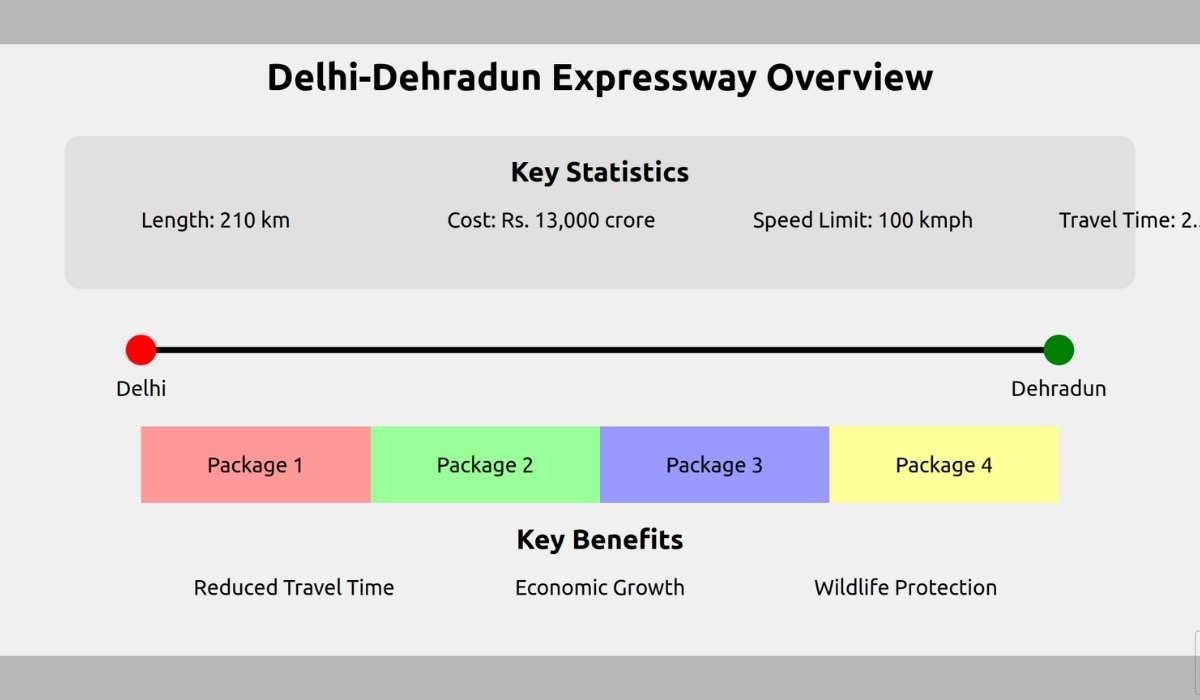Mastering the Art of Negotiation: How to Secure the Best Deal When Buying a New House from a Builder
Introduction
Buying a new house is a significant milestone in one’s life, and negotiating with a builder can be a daunting task. To ensure you get the best value for your investment, it’s crucial to understand the negotiation process and approach it strategically. In this article, we will delve into the art of negotiating with a builder when purchasing a new house, focusing on two key aspects: what value to negotiate and how to approach the builder during negotiations.
Understanding the Cost Sheet
Before entering negotiations, it’s essential to have a clear understanding of the cost sheet and its components. The cost sheet typically consists of two main parts:
- Agreement Value (Sales Consideration):
- Base Price
- Preferred Location Charges (PLC) – view, city facing, park facing, green facing, corner, or floor PLC
- Car Parking Charges
- Other Charges:
- Club Membership
- Interest-Free Maintenance Security (IFMS)
- Power Backup
- Infrastructure Development Charges (IDC)
- External Development Charges (EDC)
- Other miscellaneous charges
It’s important to note that stamp duty and registration charges are calculated based on the agreement value, not the other charges. Therefore, negotiating a discount on the agreement value can lead to additional savings on stamp duty and registration fees.
For example, a discount of Rs. 1 lakh on the agreement value can result in savings of 6-7% on stamp duty and registration, amounting to a total savings of Rs. 1,00,000. Furthermore, if you’re purchasing an under-construction apartment, the agreement value attracts a 5% GST, while other charges have an 18% GST. In this case, the actual savings would be Rs. 1,11,000.
The Builder’s Process and Your Approach
When you inquire about the final price, the sales manager will typically ask you to finalize a unit. After selecting a unit, they will provide information about offers and discounts, such as free trips, modular kitchen, wardrobe, gold coins, or direct discounts of 2-3 lakh rupees. The sales manager will then request a cheque, which they will use to seek additional discounts from their seniors.
To negotiate effectively, consider the following approach:
Unlock Your Dream Home Today!
Get personalized real estate insights delivered straight to your inbox.
- Finalize a Non-PLC Unit:
- Initially, finalize a unit without any additional charges (PLC) to simplify the negotiation process.
- Even if you prefer a PLC unit, express interest in a non-PLC unit to the sales manager.
- Provide a cheque for the non-PLC unit to demonstrate your seriousness and enable the sales manager to seek the best deal from their seniors.
- Know the Fair Market Value:
- Before entering negotiations, research and determine the fair market value of the flat.
- Having a clear understanding of the market value will help you negotiate more effectively.
- Quote a Price Based on Fair Market Value:
- Once the builder provides the final price, quote a price based on the fair market value.
- Ensure that your quoted price is aggressive yet logical to maintain the sales manager’s interest in closing the deal.
- If the price gap is too large or illogical, the sales manager may perceive you as an unserious buyer and lose interest in negotiating further.
- Engage a Broker:
- If you’re working with a broker, leverage their expertise and influence to put pressure on the builder and close the deal at your quoted price.
- Choose a broker who specializes in the type of property you’re interested in for the best results.
- Play the Waiting Game:
- After quoting your price, allow the sales manager to seek approval from their seniors.
- If your price is logically quoted, the sales manager will be confident in your genuineness as a buyer and make the best efforts to close the deal.
- Consider PLC Units:
- If you’re interested in a PLC unit, express your preference after the sales manager provides the final price for the non-PLC unit.
- Builders are often less flexible with discounts on premium PLC units, as they are confident in selling them easily.
- However, you can still attempt to negotiate a discount on the PLC component of the agreement value.
Negotiating Tips
- Don’t Forgo Freebies:
- If the builder offers free modular kitchen or wardrobe, don’t give them up in exchange for a price adjustment.
- The total value of these freebies may be lower when provided by the builder, but purchasing and installing them yourself can be more expensive and time-consuming.
- Be Prepared to Buy:
- Only engage in this negotiation process when you are 100% sure about purchasing the house.
- Lack of conviction during the process may indicate to the sales manager that you are not a serious buyer, and they may not put in their best efforts to secure a deal for you.
- Know Your Builder:
- The size of the developer can impact the scope of negotiation.
- Larger developers typically have less room for negotiation, while smaller developers may be more flexible.
- Prepare yourself accordingly based on the builder you are dealing with.
Conclusion
Negotiating with a builder when buying a new house requires a strategic approach and a clear understanding of the cost sheet and the builder’s process. By focusing on negotiating the agreement value, determining the fair market value, and engaging in a logical negotiation process, you can secure the best deal possible. Remember to be prepared, engage a broker if necessary, and remain confident in your approach. With these insights and strategies, you’ll be well-equipped to master the art of negotiation and make your dream of owning a new house a reality.
It's essential to have a clear understanding of the cost sheet, which includes the agreement value and various charges associated with the property.
Negotiating a discount on the agreement value can lead to savings on stamp duty and registration fees, as these are based on the agreement value.
Finalize a non-Preferred Location Charge (PLC) unit first, as it simplifies the negotiation process.
Knowing the fair market value helps you quote a logical and aggressive price during negotiations, which keeps the sales manager engaged.
Yes, leveraging a broker's expertise can put additional pressure on the builder and help close the deal at your quoted price.
Express your interest in a PLC unit only after the sales manager provides the final price for a non-PLC unit, as builders are less flexible on premium units.
Don't forgo freebies like a modular kitchen or wardrobe for price adjustments, and ensure you're fully prepared to buy before starting negotiations.
Larger developers typically have less room for negotiation, while smaller developers may be more flexible, so prepare accordingly.
Quote a price based on fair market value that is aggressive yet logical to maintain the sales manager's interest in closing the deal.
Allow the sales manager to seek approval from their seniors, as this can help validate your price and encourage them to negotiate further.
DISCLAIMER
The information provided on this website is for general informational purposes only. While we strive to keep the content up-to-date and accurate, we make no representations or warranties of any kind, express or implied, about the completeness, accuracy, reliability, suitability, or availability of the information, products, services, or related graphics contained on this website.
In no event will we be liable for any loss or damage including without limitation, indirect or consequential loss or damage, or any loss or damage whatsoever arising from loss of data or profits arising out of, or in connection with, the use of this website.
Real Estate Investment Risks
Real estate investments involve significant risks and market volatility. Property values, rental rates, and market conditions can fluctuate. Past performance is not indicative of future results.
Before Making Real Estate Decisions
Before making any real estate decision, we strongly advise you to:
- Conduct thorough due diligence
- Consult with qualified legal, financial, and real estate professionals
- Carefully review all relevant documents and contracts
- Consider your personal financial situation and investment goals
This website does not provide legal, financial, or investment advice. All content is for informational purposes only and should not be construed as professional advice or recommendations.
By using this website, you acknowledge and agree to these terms. We reserve the right to modify this disclaimer at any time without notice.







